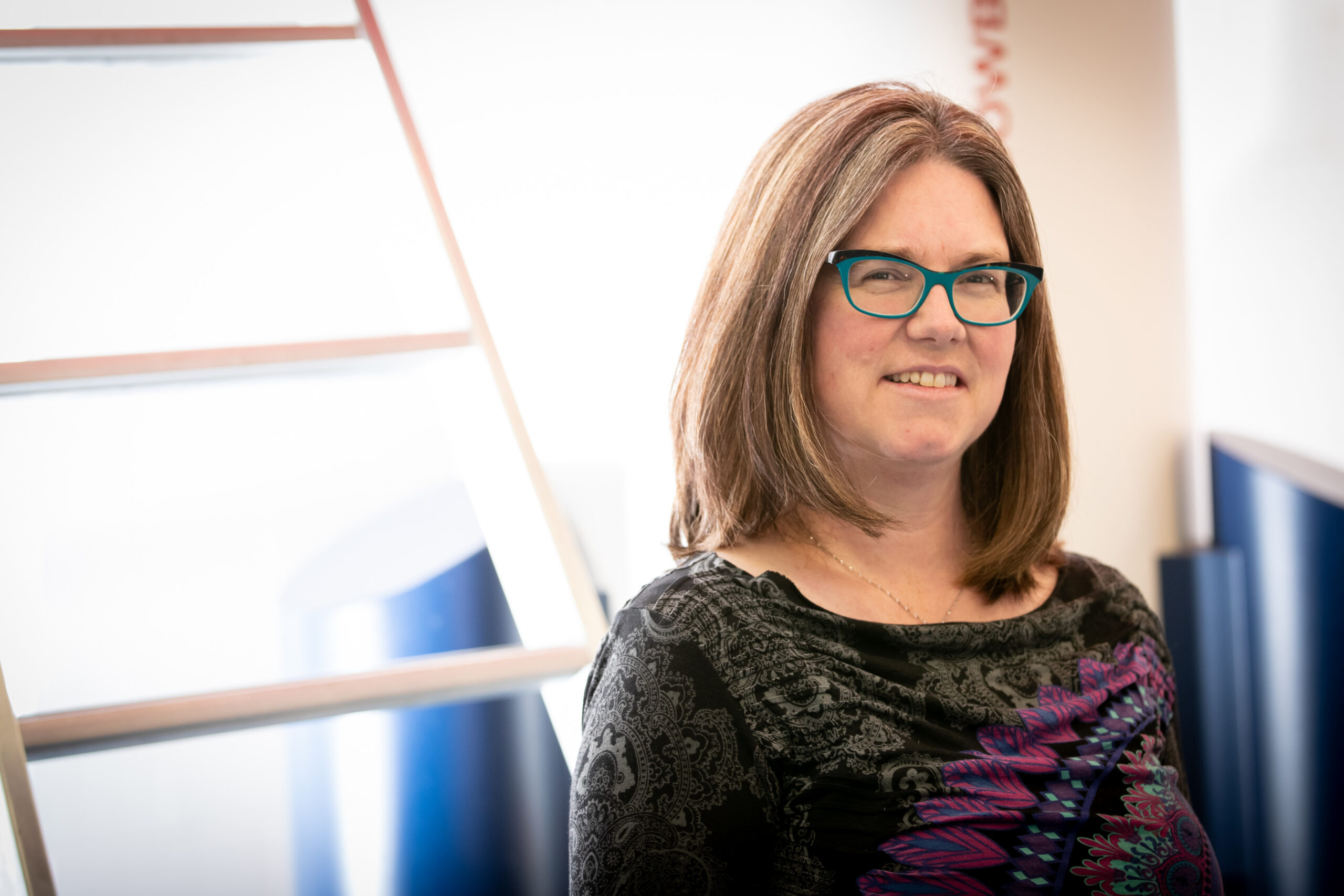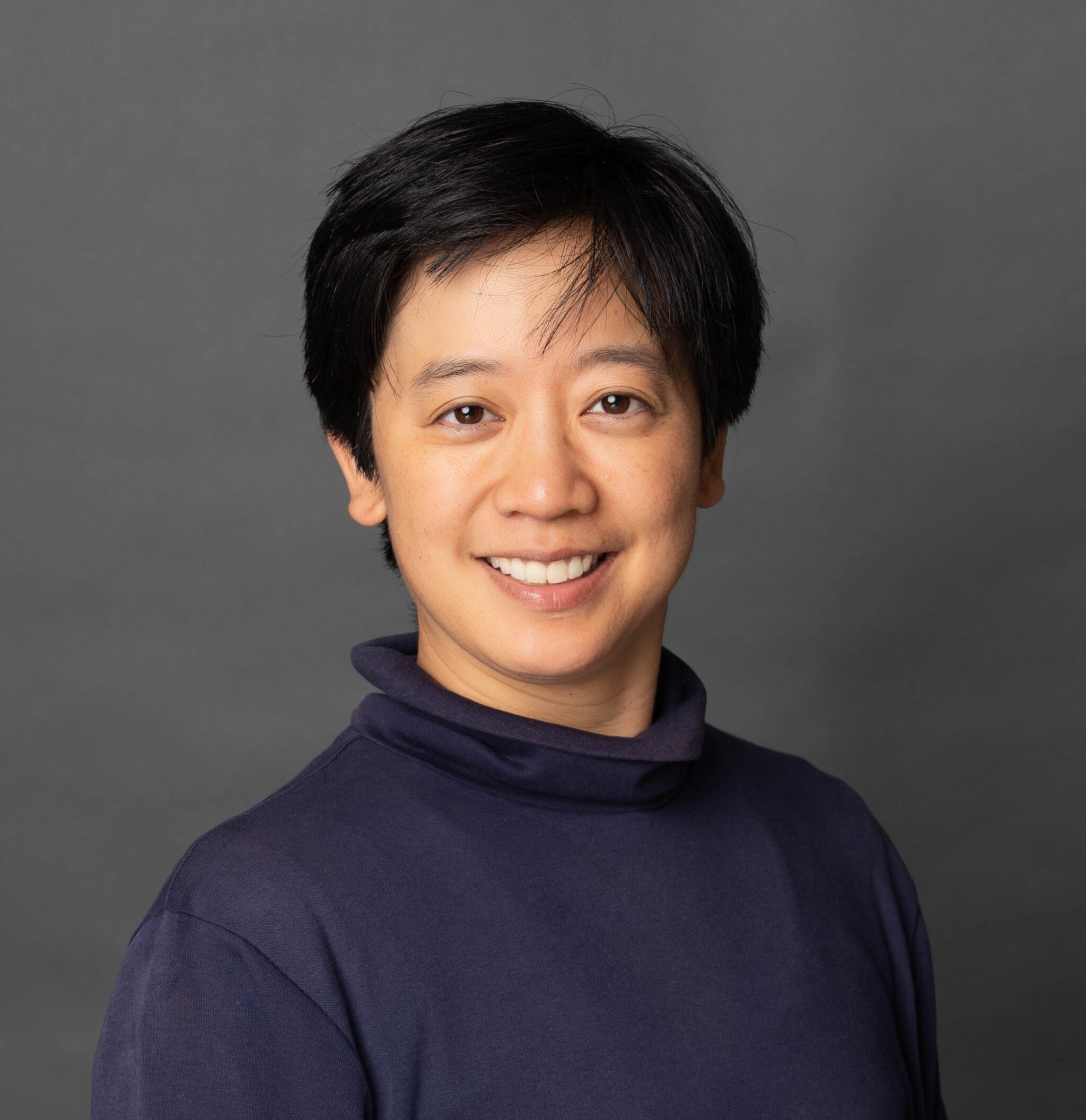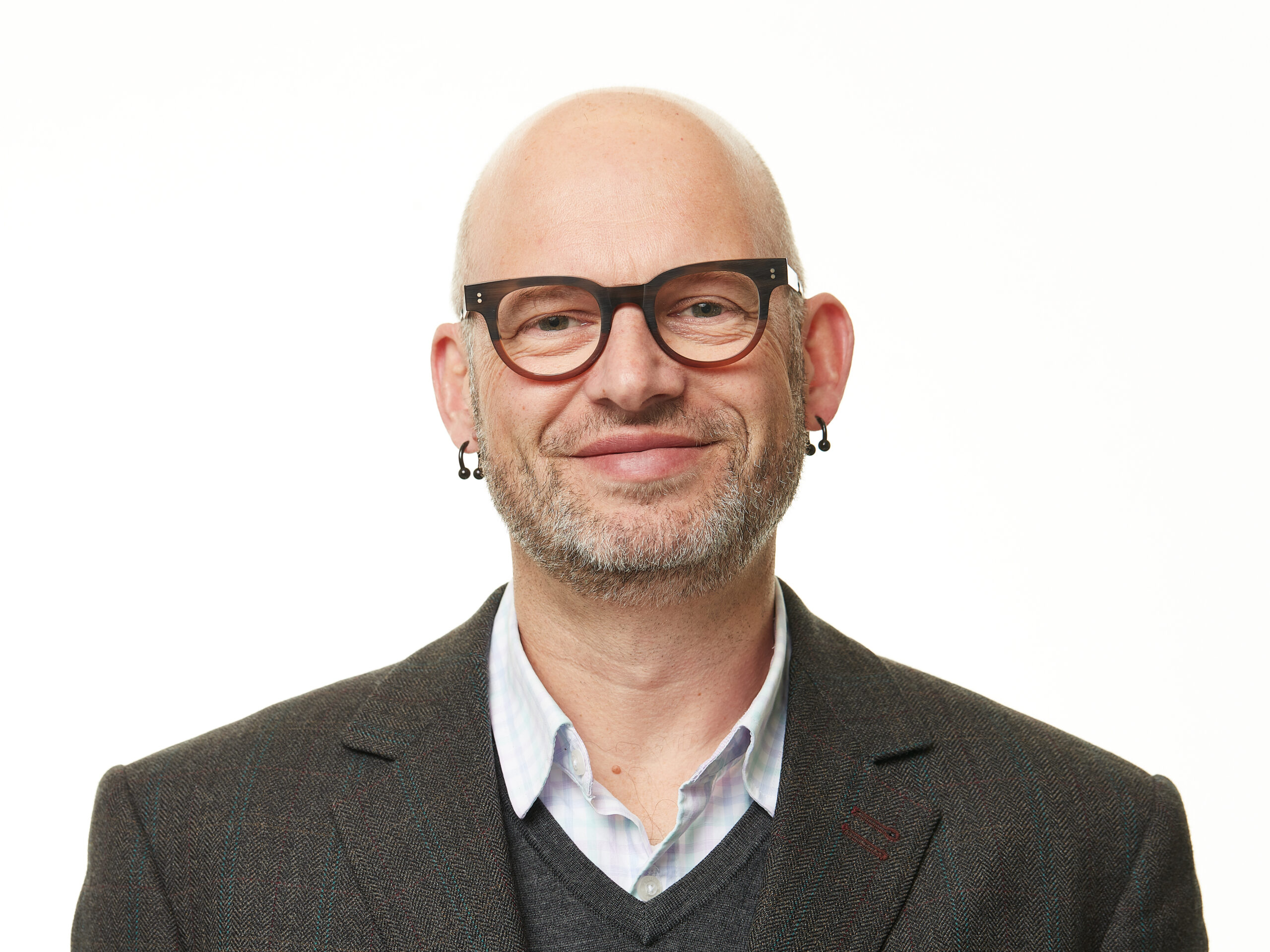Secrets of the Mystery Box revealed by award-winning educator

“When you find a career that fits your personality and makes you feel positive all the time, you know you’re in a good place.”
 That’s how Krista Howarth, Assistant Professor and Associate Chair Undergraduate Program, Kinesiology, feels about teaching McMaster University students.
That’s how Krista Howarth, Assistant Professor and Associate Chair Undergraduate Program, Kinesiology, feels about teaching McMaster University students.
Krista has received yet another teaching honour, this time a McMaster Students Union Excellence in Teaching Award (Kinesiology). Last year, Krista received the President’s Award for Outstanding Contributions to Teaching and Learning.
Krista shared with us what she enjoys most about teaching, and what she does to make her courses as fun and engaging as possible. Krista also spills the secret about what’s in the mystery box she stocks for her students.
What do you enjoy most about teaching?
I really enjoy getting students excited about the topics that I teach. When I see them excited, it makes me excited too and we feed off each other. That’s my favourite part. Even if I’m having a tough day, once I get in the classroom, start talking and the students become engaged with the material, you feed off that. And by the end of the lecture, you feel energized again because the students were so into it.
How do you stay engaged with students?
For me, it’s all about building a connection and creating a relationship where students aren’t afraid to come to me for help. Right at the beginning of the semester I’ll tell them about myself, show pictures of my kids, etc. I like to bring in stories about my family if it relates to the course content so that students can feel like they know me on a more personal level instead of just being the professor in the room. It helps build a bridge between us if they see me as approachable. I also try to create opportunities for students to come see me for help outside of class. Having virtual and in-person office hours, offering one-on-one support. Sometimes I stay up to an hour after class chatting with students.
On the student side, I’ve used a lot of pedagogically informed strategies to keep them engaged in the online world. During the pandemic, I created modules with interactive components. Instead of recording full lectures, I broke them up into smaller bits (10 minutes or so) and put practice questions after each section. It’s still a full lecture – at least three blocks of videos with questions embedded. I’ll also incorporate other things like movement breaks to help teach students about the advantages of doing exercise while learning, while tying in research around how it can help with retention of information.
In class, I employ active learning strategies. Especially in my first year courses, anatomy and physiology which spans the whole year. I try to teach them study skills that they can start applying in all their courses. The volume of information in first year anatomy is huge, and sometimes students aren’t sure how to tackle it. So, I’ll deliver content online in the modules so they can learn at their own pace, but I have one class each week where students learn pedagogical strategies during class time and practice using those skills with the material from the modules.. Every other week I also give students a case study to work on so they can take what they learned and apply their knowledge.
We’ve heard about the mystery box in your classroom. Can you tell us what’s in the box?
I reintroduced the mystery box for the case studies. I say reintroduced because it was actually Dean. Maureen McDonald and Dr. Gianni Parise that came up with the idea when they taught the course, along with our instructional assistant, Adrienne Tearle. I just brought it back to life.
Some of the grading for the course is based on participation marks, but that means students don’t always try to get all of the questions right. I want them to at least practice trying the questions so they can learn from their mistakes. I always say that you learn more from your mistakes than you do from getting things right, so if you get something wrong before a test while doing practice questions, you find the gaps in your knowledge without worrying about losing marks, and you’ll retain that information better the next time.
I’ll give students a case study before class and encourage them to look up the answers on their own and come prepared to discuss. If students get the case study questions correct (not just answering for participation marks), their names will be entered into a draw for a bonus mark on their final exam … or they can choose something from the mystery box.
The box has different things in it every week. Things like gift cards for different places on campus, educational resources (one time we had an anatomy colouring book) and other items that students could use. One time I gave away Girl Guide cookies that my kids were selling. Whatever I have on hand that I think students will like or find useful.
A lot of students choose the bonus mark instead of the mystery box. But sometimes there will be two bonus marks in the mystery box, so it’s a bit of a gamble. We have five case studies per semester, so five chances to be selected for the bonus marks or mystery box.
What do students value most about your teaching?
I think what students like is the enthusiasm that I bring to lecture. Over the years I’ve learned that the way I talk about course material impacts the students. For example, if I’m having a bad day and I’m not super excited, or I tell them I know the day’s content is difficult, boring, etc. then it’s like I’m setting the students up to tune out and not be engaged. I like to tackle every lecture by being excited about the material I’m teaching.
I honestly love my job. When you find a career that fits your personality and makes you feel positive all the time, you know you’re in a good place. I feel lucky to have been able to get a position in my department. I went to McMaster as a student, and I never left because I loved it. The students in my program are amazing and it’s very rewarding to be able to teach students that are so engaged and excited about learning. As the Associate Undergraduate Chair, I also have input on the program itself, so that’s another way I can contribute to our program and I see that as another way to help students.
Awards, Faculty
Related News
News Listing

Industry partnerships power research in Energy Storage Lab
Faculty, Partnerships, Research excellence
November 5, 2024

Megumi Harada one of 41 mathematical scientists from around the world to be named Fellow of the American Mathematical Society for 2025
Faculty, Research excellence, Teaching excellence
November 4, 2024

Entrepreneurship gives physics professor a whole other set of problems to solve 10 times faster
Faculty, Research excellence
October 16, 2024
